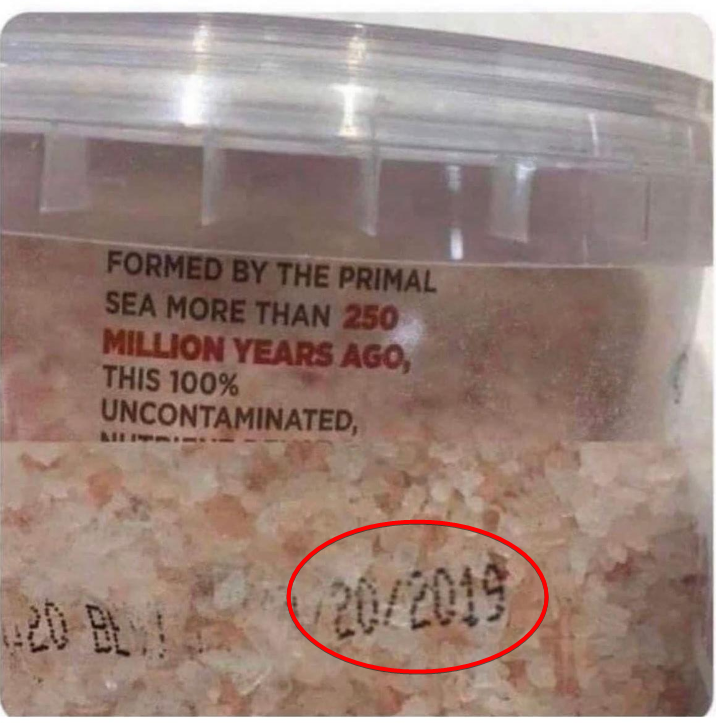Some tourists in the Museum of Natural History are marveling at some dinosaur bones. One of them asks the guard, "Can you tell me how old the dinosaur bones are?"
The guard replies, "They are 65,000,011 years old."
"That's an awfully exact number," says the tourist. "How do you know their age so precisely?"
The guard answers, "Well, the dinosaur bones were sixty five million years old when I started working here, and that was eleven years ago."


